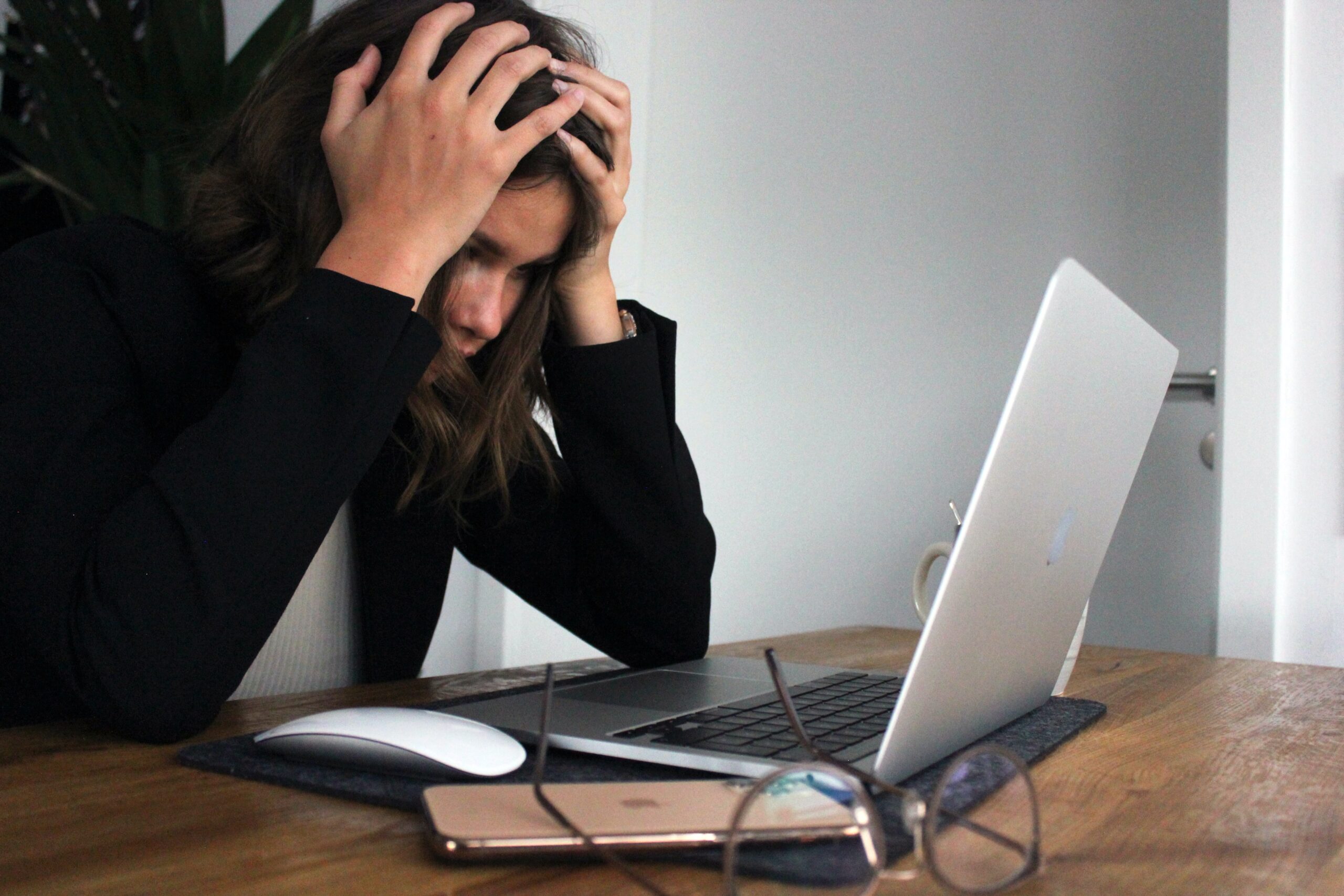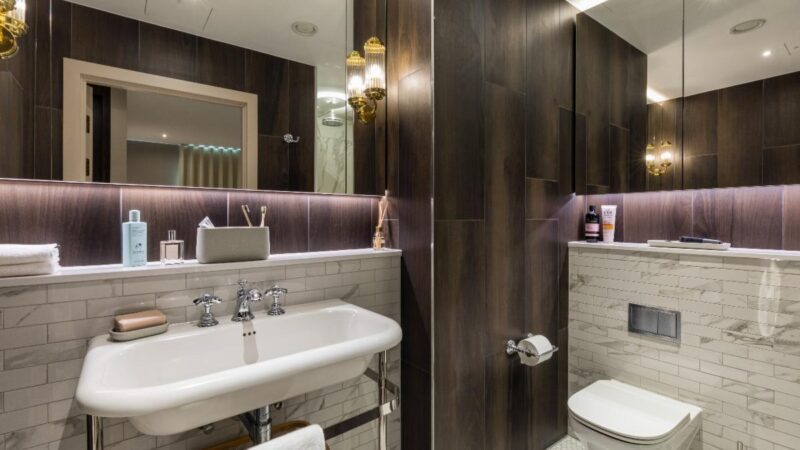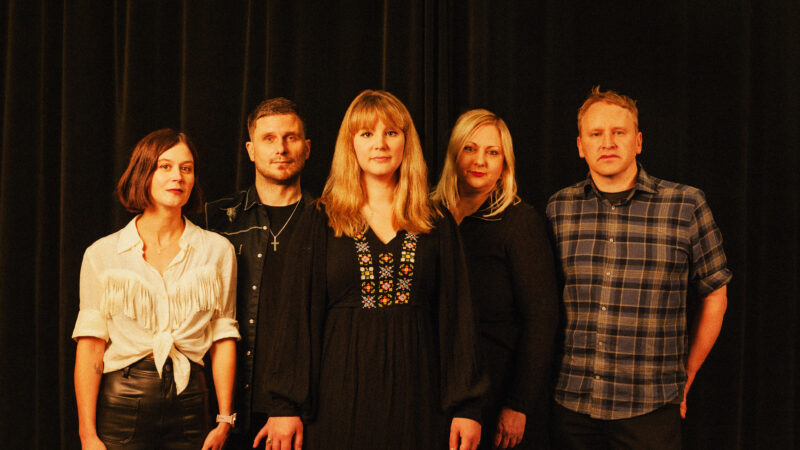New study reveals which European countries love remote working, and which don’t

Remote working has become the new norm for many over the past two years, with no signs of going back into the office. And with the search trend ‘hybrid working’ seeing an increase of +250% in the past 12 months 1, and over 822k remote jobs on LinkedIn2, it is clear people are still very much interested in flexible working models.
But which countries are more in favour of remote working? A new study by live answering service, VoiceNation, has created a map of Europe, which shows the countries that prefer remote working, versus those that don’t.
The study looked at positive and negative sentiments through Linkfluence.com, revealing which European countries are the most avid fans of remote working, and which aren’t.
Love WFH
Love working in the office
Austria
Albania
Belgium
Bosnia & Herzegovina
Bulgaria
Germany
Chechia
Greece
Croatia
Italy
Denmark
Russia
Estonia
United Kingdom
Finland
France
Hungary
Iceland
Ireland
Latvia
Lithuania
Malta
Netherlands
Norway
Poland
Portugal
Romania
Slovakia
Slovenia
Spain
Sweden
Switzerland
Ukraine
The countries that love remote working the most
Renowned for its great working environment, Iceland tops the list as the best country in Europe for remote working. Here, your working hours do not take up too much of your day, allowing you to spend time outside of work doing things you love and spending more time with family. Iceland already had a 4-day working week in place before the Covid-19 pandemic hit!
The other Nordic countries, including Norway, Denmark, Sweden, and Finland all had positive segments on remote working, and as they’re known for their great benefits and policies, it might be a perfect place to relocate if you’re interested in remote working while seeing new parts of the world!
With its strict Covid regulations and lockdowns, France had to adjust itself to remote working, and it seems it’s there to stay. The people of France have come to terms with remote working after the pandemic and seem to prefer this way of working rather than working in the office every day.
In the Netherlands, remote working is a legal right by law3, where your employer must review your request to work from home should you bring it up, so there’s nothing holding you back from working in a cute café tucked into a side street and exploring the many museums and other activities the Netherlands has to offer after working hours!
The countries that prefer working in an office
Some countries which preferred working in the office were Germany, Greece, and Italy. Here, it seems most workers liked the office environment, and preferred this to working from home. This could be due to a multitude of reasons, like socialising with your colleagues, getting out of the house and be out on the move every day.
Another country which had more negative sentiment than positive, was the UK. Lockdown forced many to work from home during the pandemic, but now that things have opened again, employees and employers alike are looking forward to getting back into the office, it seems.
There is no right or wrong opinion about remote working. Since it’s here to stay, more people will be able to find the set-up that is right for them, whether it’s going into the office often, or working from the comfort of their home.
Commenting on the study, a spokesperson at VoiceNation said, “We have most definitely seen a shift regarding working from home. The younger generations seem to prefer WFH, while older generations who are used to going in five days a week miss the office. Regardless of what you prefer, we hope our study can help people looking to perhaps relocate, or simply understand more about remote working!”
To read more about the study and other countries’ love and hate for remote working, please visit VoiceNation’s blog here.https://voicenation.com/resources/who-loves-working-from-home-and-who-hates-it/






